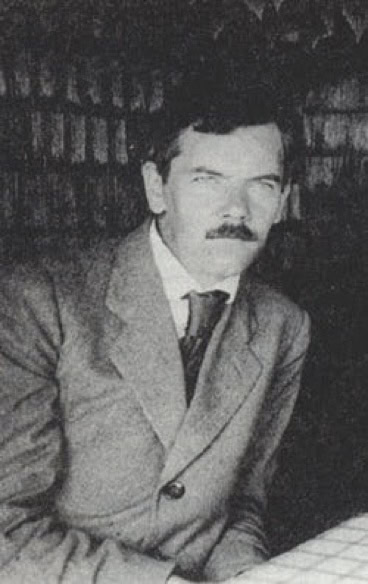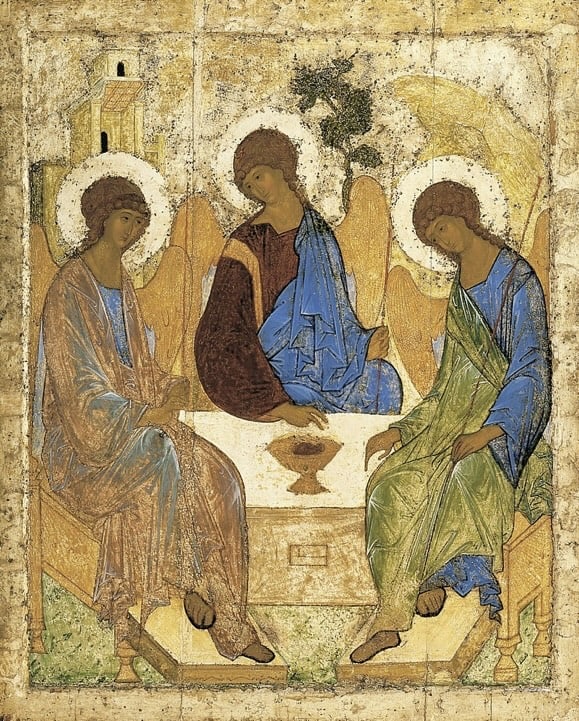Polyphone Ecclesial Ministries in Post-secular Realities?
Ulla Schmidt, Aarhus University, Denmark Over the past two to three decades, “polyphony” – or related terms like multi- or plurivocality – have been suggested as approaches to pastoral ministries such as preaching and pastoral care, congruent with theoretical and empirical features of contemporary western thought, cultures and societies. It is relevant to ask whether…
Continue reading »Fleshbread and Bloodwine
Material Spirituality in a Post-secular Age Marius Timmann Mjaaland, University of Oslo You might think a post-secular spirituality would be less traditional than earlier forms of Christianity, or more in keeping with our high-tech, digital age. But the reverse might actually be the case, if you look at an important trend in Norwegian church and…
Continue reading »“The Other Side of Dissatisfied Affiliation: Race, Religion, and the Vision of Carlton Pearson”
Joseph L. Tucker Edmonds, PhD Associate Professor of Religious Studies and Africana Studies at Indiana University (Indianapolis) Associate Director, Center for the Study of Religion and American Culture “I don’t know why I keep going.” These were the haunting words of a participant in my study researching Black men’s responses to state-sponsored violence and racial…
Continue reading »The secular age – a fallout of the Gospel?
Friedrich Gogarten and (Post-)Modern Society Volker Leppin Yale University Friedrich Gogarten presented a fascinating thought shortly after WW II: What if secularization was not opposed to Christian faith but rather a fallout of faith? Only when we look bottom up, from world to God, or from world to faith, might we feel faith voided and…
Continue reading »Show of Hands: Searching the Gospel in the Post-migrant Society
Ulrich SchmiedelLund University, Sweden “Show of hands: Do you want everyone to become a Christian, yes or no?” This question was posed to the current candidates for the position of Bishop of Oslo in Norway. As one of the candidates who didn’t raise his hand suggested afterwards, “it can be an entertaining way to direct…
Continue reading »Family under Post-Secular Conditions
Petruschka SchaafsmaProfessor of Theological EthicsProtestant Theological University, The Netherlands Societies in Europe and North America are increasingly being described as post-secular. Scholars argue about whether this is true and, if so, what “post-secular” means. Is religion being taken more seriously again as important for human dignity? Or is it primarily a matter of religion’s renewed…
Continue reading »Mutual Hospitality
Björn VikströmProfessor of TheologyÅbo Akademi University Christian congregations are today part of a society that is becoming more pluralistic, secularized, and multireligious at the same time. This creates a need for theological reflection on how we as Christians should encounter our fellow human beings who live, think, and believe in other ways than we do.…
Continue reading »Reading Our Way to Post-Secularity
Kathryn ReklisAssociate Professor of TheologyFordham University In July 2024, Pope Francis released a letter on the role of literature in pastoral formation. Literature provides “privileged access… to the very heart of human culture, and, more specifically, to the heart of every individual” the Pope argued, and treating it as non-essential in pastoral formation – a…
Continue reading »The Conditions for the Gospel in Post-secular Society
Jan-Olav HenriksenProfessor of Systematic TheologyMF Norwegian School of Theology, Religion, and Society Perhaps the most crucial outcome of discussions about the post-secular can be summarized in three questions: The answers to these questions makes it necessary to return to an old position: To be a Christian is to engage the world and live on common…
Continue reading »Binary Thinking and the Post-secular
Rebecca CattoAssociate Professor of SociologyKent State University Whilst the Wabash Pastoral Leadership Program appears to be wonderfully applied and practical, helping pastors help their communities, with this piece, I want to take a step back and get theoretical. This is because what might seem an abstruse concern matters. Frames shape our thinking, and one commonly…
Continue reading »








